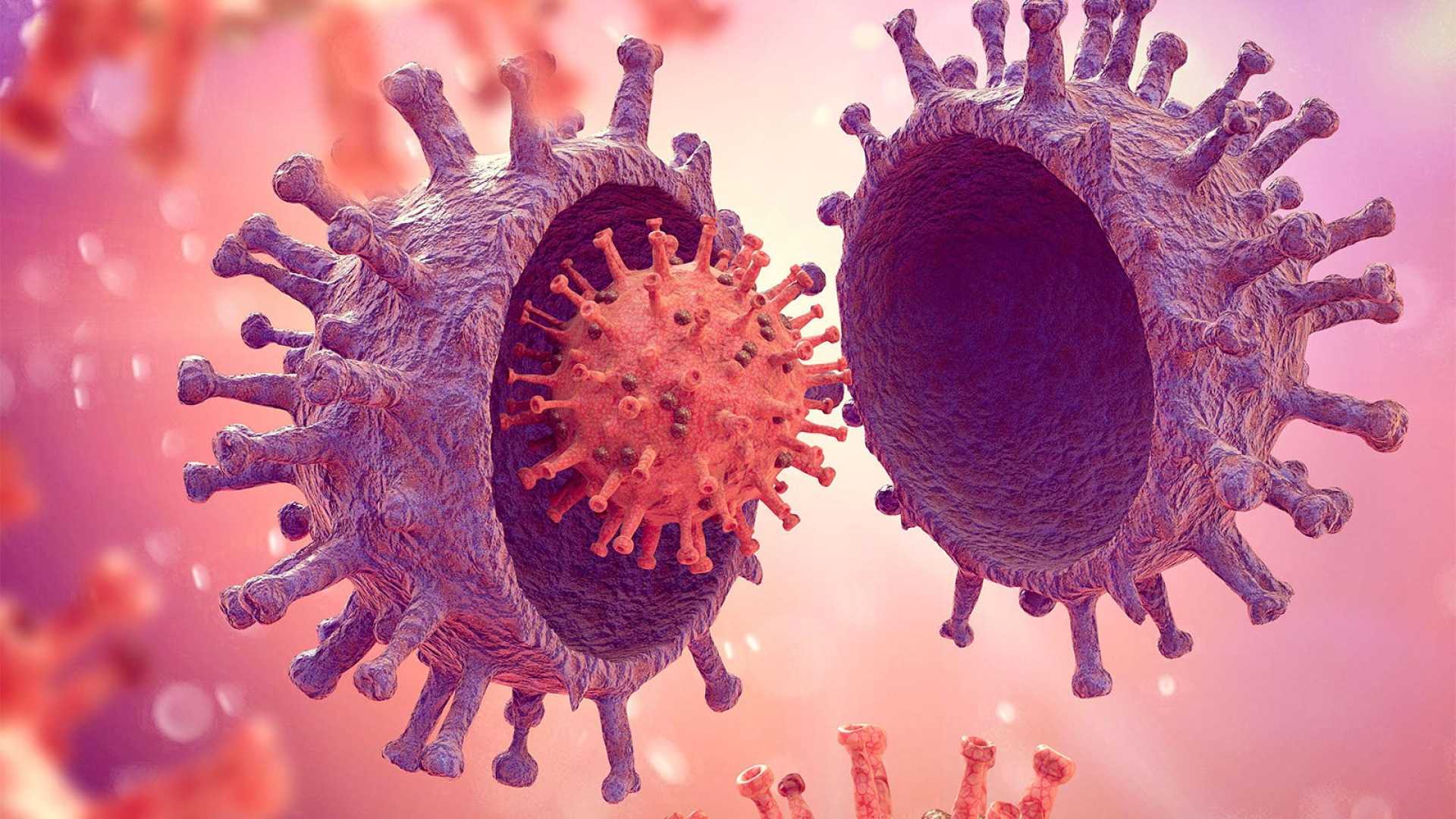Health
New COVID Variant NB.1.8.1 Sparks Global Concerns and Precautions

ROME, Italy — A new coronavirus variant, identified as NB.1.8.1, is spreading rapidly across the globe, prompting health officials to monitor its impact. Initially detected in China, experts are concerned that this variant might lead to increased COVID-19 cases throughout Asia and possibly in the United States during the summer months.
According to the U.S. Centers for Disease Control and Prevention (CDC), NB.1.8.1 accounted for a notable percentage of new COVID-19 cases in early June, rising significantly from just 5% in May. This upward trend raises questions about the efficacy of current vaccines and whether additional doses are necessary.
In a CNN interview, Dr. Leana Wen, a former health commissioner in Baltimore, discussed the implications of this new variant. She emphasized that SARS-CoV-2 is constantly mutating and that it is common for new variants to emerge. Essential questions remain: Is this strain more severe, is it more contagious, and how effective are existing vaccines against it?
Wen noted that while NB.1.8.1, also known as Nimbus, is classified as a “variant under monitoring” by the World Health Organization (WHO), current data does not indicate it causes more severe illness than previous variants. However, experts intend to keep a close eye on its spread.
The symptoms associated with this variant appear similar to those linked with earlier strains, including sore throat, fatigue, fever, and respiratory issues. Health officials stress that while most individuals recover from the virus, some may experience severe illness or long-term complications known as long COVID.
As this new variant circulates, Dr. Wen advises individuals, particularly those at greater risk, to consider vaccination to bolster protection against potential summer surges. Vulnerable populations, such as those over 65 or with underlying health conditions, should consult health care providers about getting booster shots sooner rather than later.
Additionally, preventative measures, such as wearing masks in crowded settings and practicing good hygiene, continue to be crucial in combating the spread of respiratory viruses, including COVID-19. Experts recommend that anyone in close contact with vulnerable individuals should minimize exposure to high-risk environments before visiting them.
As more data emerges regarding the new variant, health officials are hopeful that updated vaccines will be developed to address the challenges posed by NB.1.8.1. Continued vigilance and adherence to health guidelines will remain critical in managing this public health crisis.












